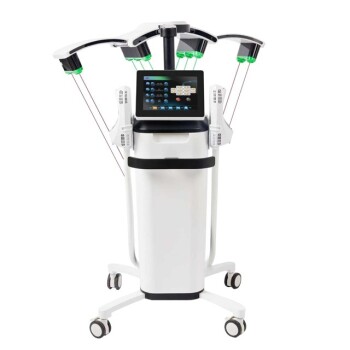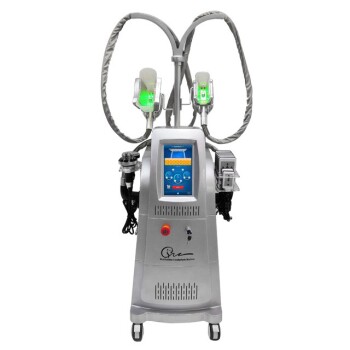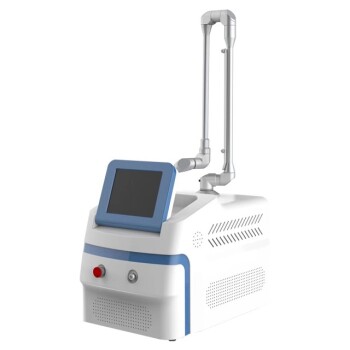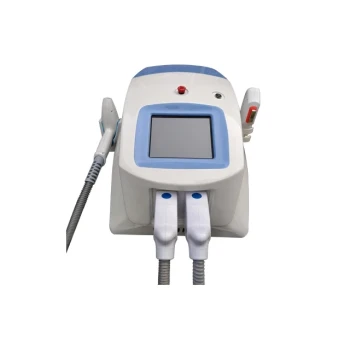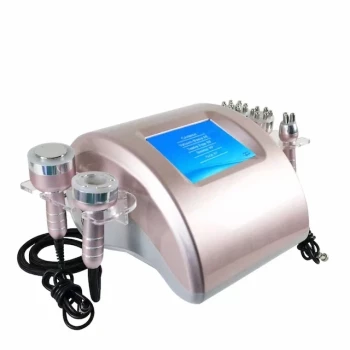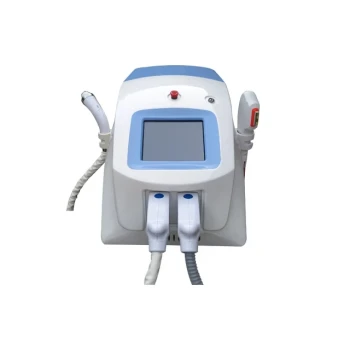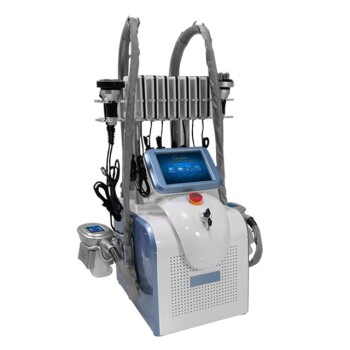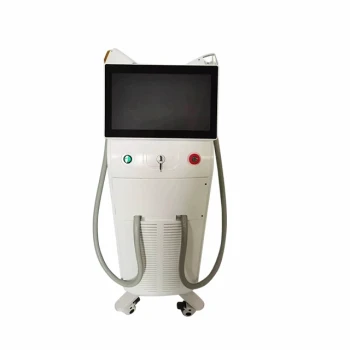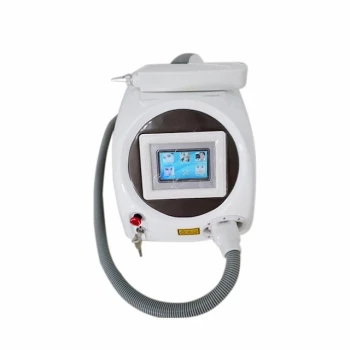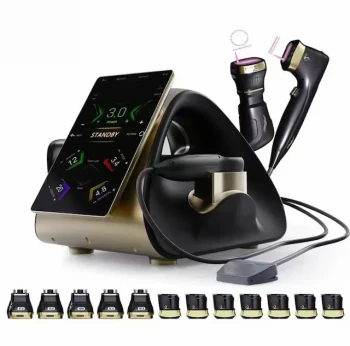Laser liposuction is not a universal solution for fat removal. It is a highly effective procedure for the right person, but certain individuals are poor candidates and will not achieve their desired results. Specifically, those with poor skin elasticity or unstable weight should not undergo the procedure, as it can lead to unsatisfactory outcomes.
The core issue is one of purpose and suitability. Laser liposuction is a body contouring tool, not a weight loss method. The ideal candidate is a healthy individual at or near their target weight who wants to address stubborn pockets of fat that are resistant to diet and exercise.

The Foundational Requirement: Health and Weight Stability
Before considering the cosmetic aspects, it's critical to establish a baseline of good health and a stable body weight. These factors are non-negotiable for both safety and the long-term success of the procedure.
Why Weight Stability is Crucial
Laser liposuction permanently removes fat cells from a targeted area. However, it does not prevent you from gaining weight in the future.
If your weight is not stable, the remaining fat cells in other parts of your body can—and will—expand. This can lead to a disproportionate or uneven appearance, negating the contouring effects of the procedure.
It is designed to be a finishing touch after you have achieved your weight goals through lifestyle changes, not a substitute for them.
The Importance of Overall Health
A qualified practitioner will always conduct a thorough medical evaluation. You are likely not a candidate if you have unmanaged chronic health conditions.
This includes serious issues like heart disease, immune system disorders, or uncontrolled diabetes. The procedure, while minimally invasive, still places stress on the body, and your health must be robust enough to handle the treatment and recovery.
Skin Quality: The Deciding Factor for a Smooth Result
The single most important factor for an aesthetically pleasing outcome is the quality of your skin. Laser liposuction addresses the fat beneath the skin, not the skin itself.
Understanding Skin Elasticity
Think of your skin like a rubber band. When you are young, your skin has high elasticity—it snaps back into place easily after being stretched.
As we age or after significant weight fluctuations, skin loses this "snap-back" quality. If fat is removed from under skin that lacks elasticity, the skin will not retract smoothly over the new, smaller contour. Instead, it can appear loose, dimpled, or wrinkled.
Who Tends to Have Lower Elasticity?
Individuals with significant sun damage, older patients, and those who have recently lost a large amount of weight often have compromised skin elasticity.
If your primary concern is loose or sagging skin, laser liposuction is the wrong tool. In fact, it can make the appearance of skin laxity worse.
Understanding the Trade-offs and Limitations
It is vital to have realistic expectations. Misunderstanding the purpose of laser liposuction is the most common source of patient disappointment.
It Is Not a Weight Loss Tool
This cannot be overstated. The procedure is measured in inches, not pounds. It is designed for removing localized, stubborn deposits of fat, such as those on the flanks, abdomen, or thighs, that persist despite a healthy lifestyle.
It Does Not Treat Loose Skin
If loose skin is your main issue, you should be exploring skin-tightening procedures, such as a tummy tuck or body lift. Combining laser liposuction with a skin-tightening treatment is an option, but liposuction alone will not resolve sagging skin.
Results Require Maintenance
The fat cells that are removed are gone forever. However, the procedure does not grant you immunity from future weight gain. Maintaining your results is entirely dependent on a continued commitment to a stable diet and regular exercise.
Making the Right Choice for Your Goal
To determine if this procedure aligns with your objectives, assess your primary motivation.
- If your primary focus is significant weight loss: You should not get laser liposuction at this time. Focus on diet and exercise to reach a stable goal weight first.
- If your primary concern is loose or sagging skin: You should investigate dedicated skin-tightening procedures, as laser liposuction may worsen the skin's appearance.
- If you are at a stable weight with good skin tone but have stubborn fat pockets: You are likely a strong candidate and should seek a consultation with a board-certified professional.
Understanding these key distinctions is the first step toward making a safe and effective decision for your body.
Summary Table:
| Who Should Avoid Laser Lipo? | Primary Reason | Better Alternative |
|---|---|---|
| Individuals with unstable weight | Risk of uneven fat distribution post-procedure | Focus on diet/exercise to reach a stable weight first |
| Those with poor skin elasticity | Can lead to loose, sagging, or dimpled skin | Consider skin-tightening procedures (e.g., tummy tuck) |
| People with serious unmanaged health issues (e.g., heart disease, diabetes) | Safety risk during treatment and recovery | Prioritize managing the health condition |
| Anyone seeking significant weight loss | It's a body contouring tool, not a weight loss method | Use as a finishing touch after achieving weight goals |
Achieve Safe and Effective Body Contouring with BELIS
Choosing the right procedure is crucial for achieving your aesthetic goals. If you are at a stable weight with good skin elasticity and want to eliminate stubborn fat pockets, professional laser liposuction equipment from BELIS can deliver exceptional, long-lasting results.
BELIS specializes in professional medical aesthetic equipment, serving medical aesthetics clinics and premium beauty salons. Our advanced laser liposuction machines are designed for precision, safety, and superior patient outcomes, helping your practice build trust and satisfaction.
Ready to enhance your service offerings and ensure client safety?
Contact our experts today for a personalized consultation. Let us help you select the ideal equipment to grow your business and deliver the flawless contours your clients desire.
Visual Guide
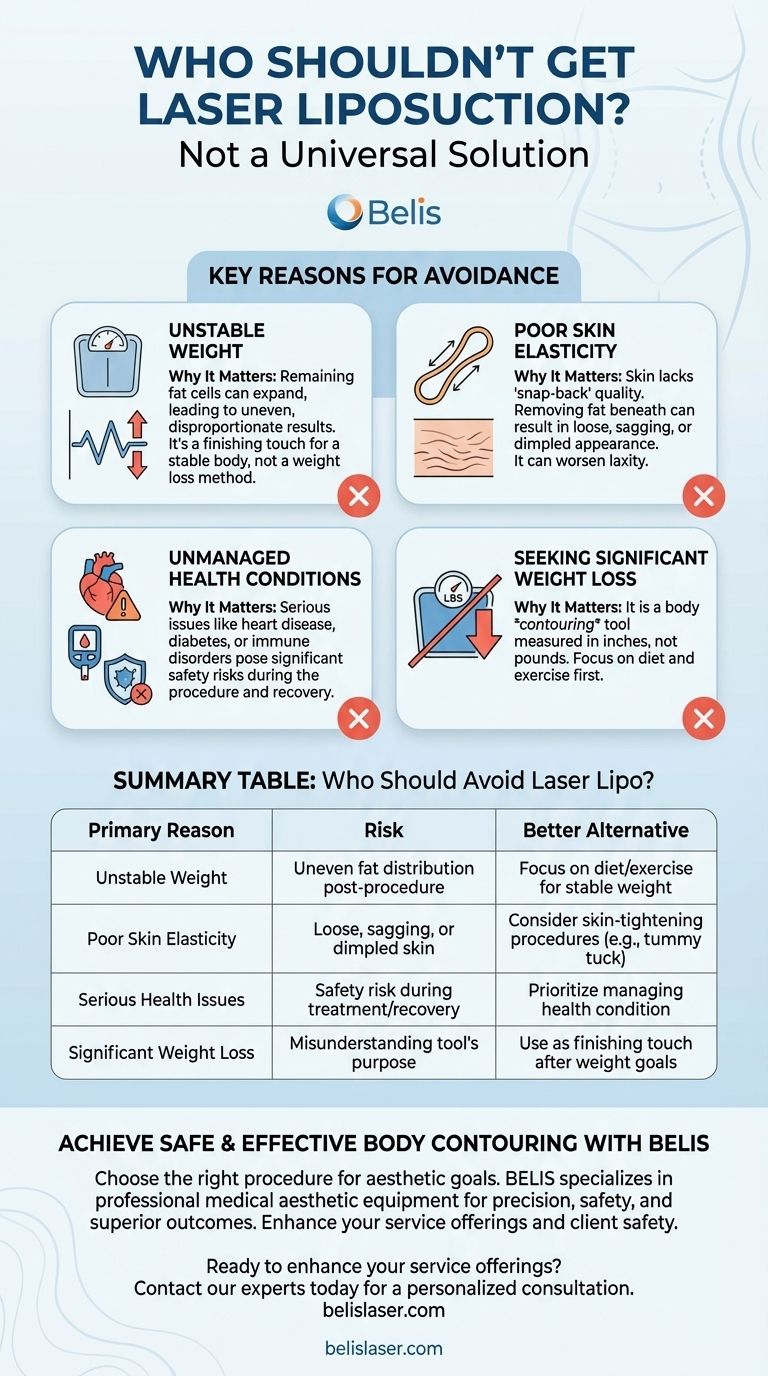
Related Products
- EMSlim RG Laser Body Sculpting and Slimming Machine
- Cryolipolysis Fat Freezing Cavitation Lipo Laser Machine
- Cryolipolysis Fat Freezing Machine with Cavitation and Laser Lipolysis
- Pico Picosecond Laser Machine for Tattoo Removal Picosure Pico Laser
- Cryolipolysis Fat Freezing Machine Ultrasonic Cavitation Fat Reducing Device
People Also Ask
- What is the technical significance of maintaining the cleanliness of the sapphire window on a laser handpiece? Key Safety Insights
- What are the potential side effects associated with laser lipolysis? Safety Insights & Recovery Tips
- What are the advantages of a synchronized dual-wavelength hybrid laser? Superior Results for Complex Skin and Hair
- Why must dermatological laser equipment be equipped with a synchronous cooling system? Essential Safety & Results
- Who is the laser hair removal treatment suitable for? Expert Guide to Diode Suitability for All Skin Types
- Why is it unnecessary to reduce the output frequency of diode laser devices when treating dark skin tones? Safe Tech.
- What role does a Fiber Diode Laser play in regenerative treatments? Boost ADSC Therapy and Fat Grafting Results
- Why is a 3 ms pulse width used for Trichostasis Spinulosa? Optimize Your Laser Protocols for Fine Vellus Hair
